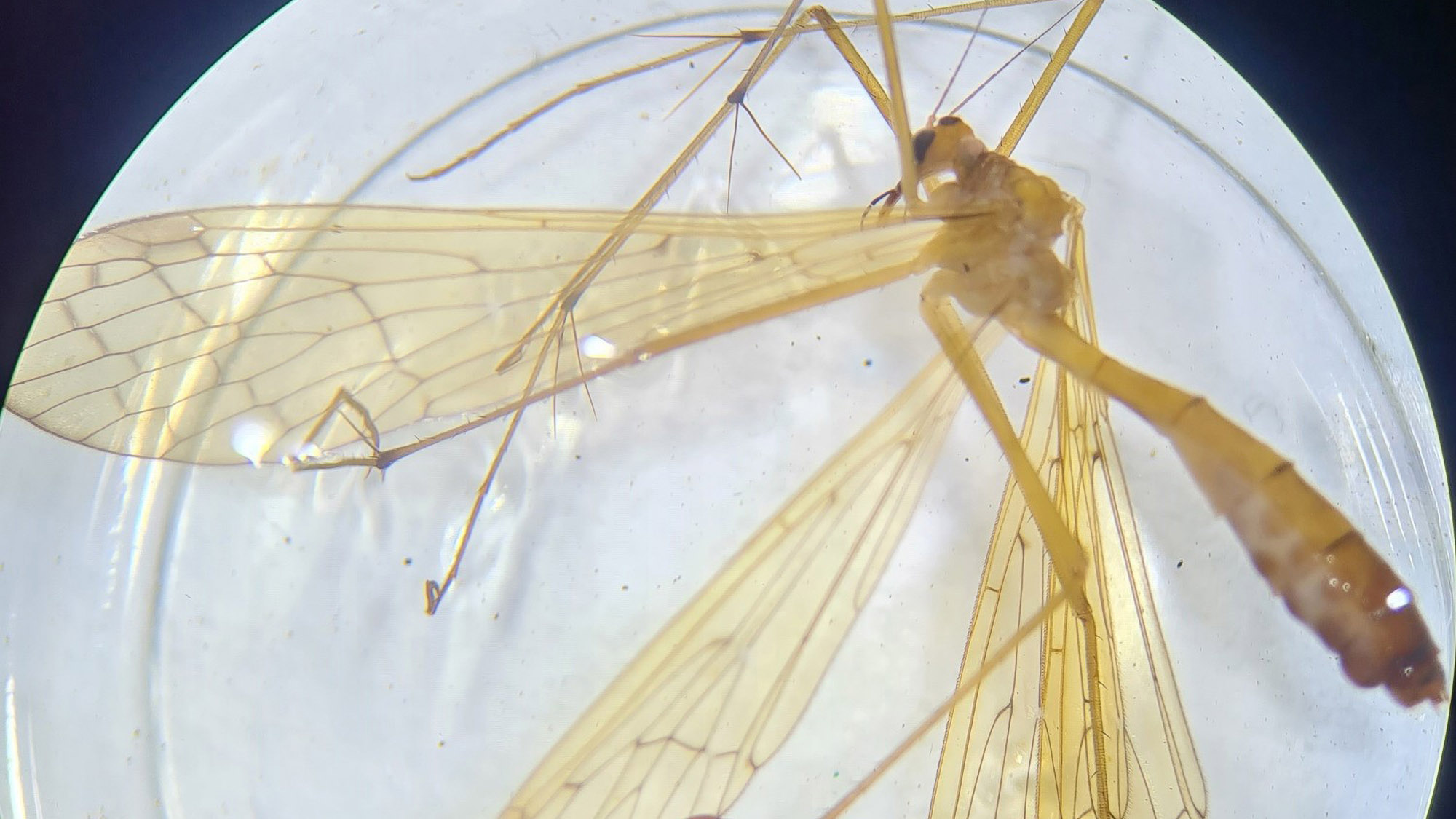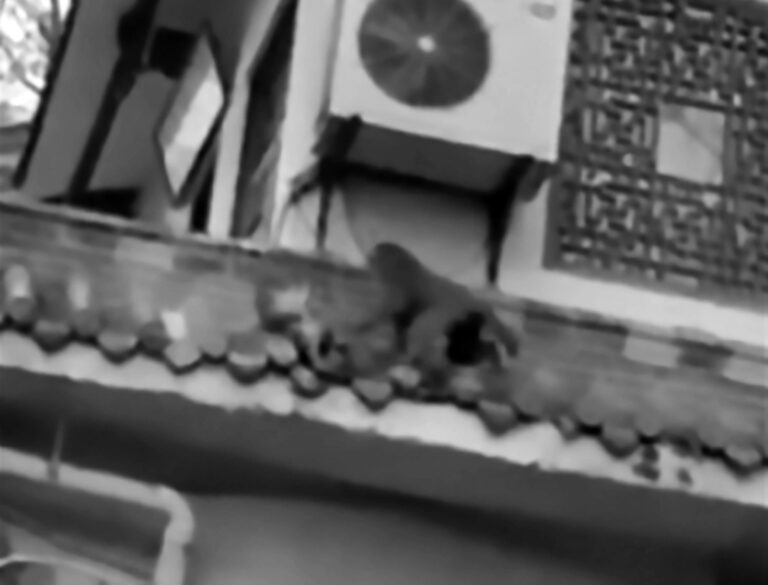Specimens from an extremely rare insect species that was believed to have been extinct for 130 years have been found in a German forest.
The insect, Bittacus hageni, a type of mosquito, was rediscovered by students at the University of Leipzig “during an outdoor zoological excursion to the Leipzig floodplain forest.”
This kind of insect can only be found in a few places in Europe. In Germany it was considered extinct until 2003, when a Goettingen zoologist rediscovered it on the edge of the Harz Mountains after it was first found in Germany at the end of the 19th century.
The University of Leipzig said in a statement: “The find underlines the importance of the Leipzig alluvial forest as a unique but threatened habitat. But it also shows what valuable discoveries are possible through student excursions.”
Excursion leader Lisa Hahn, a PhD student at the Institute of Biology, and her colleagues have written a paper on the find that appeared in the December issue of the journal ‘Entomologische Nachrichten und Berichte’ (‘Entomological News and Reports’).

(Lisa Hahn/Newsflash)
A student at the University of Leipzig discovered the specimen without knowing what she was holding in her hands. Hahn said: “As soon as I saw what the student had found, it was immediately clear to me that it had to be something very special and I immediately sent pictures to my colleagues.”
A few days later she found more specimens of the species during an intensive search.
Dr Detlef Bernhard, who is an insect expert, was impressed when he was able to confirm his colleague’s initial taxonomic assessment, using a microscope.
The University of Leipzig, in cooperation with the German Centre for Integrative Biodiversity Research (iDiv), is also analysing the scale and distribution of endangered insect species in the forest.
As part of her doctorate, Hahn analysed the diversity of the more than 500 species of beetle that can be found on the ground but also in the canopy of the alluvial forest trees.
The University added that the find will also provide the “first genetic fingerprint of the species”, which will then also make this species “available for research in DNA databases”.
Professor Sebastian Steinfartz, the head of Molecular Evolution and Animal Systematics at the University of Leipzig, said: “It is very difficult and a lucky coincidence to prove the existence of this species, as it lives extremely hidden and only seems to appear occasionally.”
To find out more about the author, editor or agency that supplied this story – please click below.
Story By: Joseph Golder, Sub-Editor: William McGee, Agency: Newsflash
The Ananova page is created by and dedicated to professional, independent freelance journalists. It is a place for us to showcase our work. When our news is sold to our media partners, we will include the link here.




